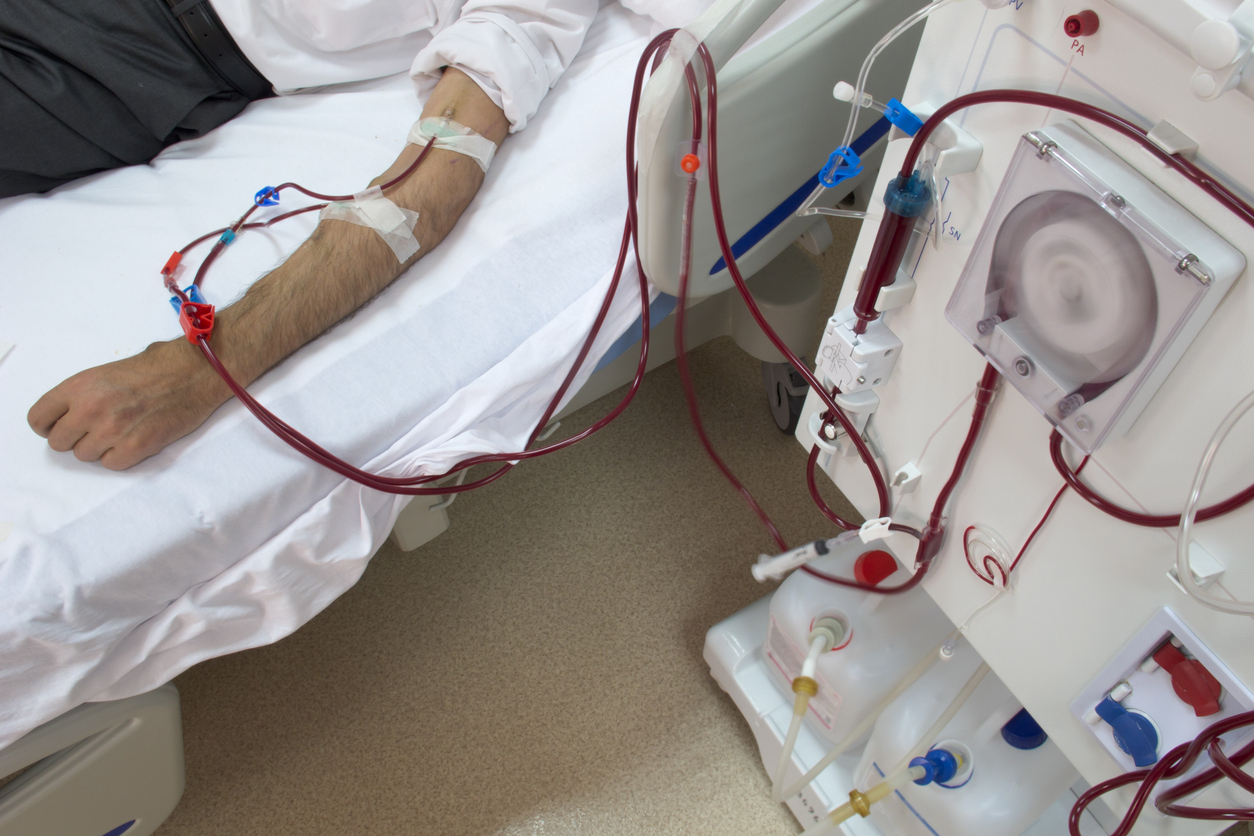Google's DeepMind AI predicts acute kidney injury

Artificial Intelligence can predict acute kidney injury (AKI) 48 hours before it happens, according to new research.
Google’s DeepMind can predict this leading cause of patient harm, according to latest research published in the journal Nature.
The company said that working alongside experts from the US Department of Veterans Affairs, it has developed the technology to predict the condition affecting 100,000 people in the UK every year.
Affecting up to one in five hospitalised patients in the UK, AKI is notoriously difficult to spot and can cause patients’ health to deteriorate quickly.
Fast intervention by doctors could prevent up to 30% of cases according to some estimates, and the team at DeepMind said that this is its biggest healthcare research breakthrough to date.
While the team has focused on building digital tools that aim to prevent avoidable patient harm, this goes one step further by predicting the condition before it happens.
The DeepMind team applied AI technology to a comprehensive de-identified electronic health record dataset collected from a network of over a hundred VA sites.
They found that AI could accurately predict AKI in patients up to 48 hours earlier than it is currently diagnosed.
The model predicted nine out of 10 patients whose condition deteriorated so severely that they then required dialysis.
This is important as it could provide a window for earlier preventative treatment and avoid the need for invasive procedures like kidney dialysis.
DeepMind also hopes that the system could be generalised to predict other major causes of disease and deterioration such as the life-threatening infection, sepsis.
The system also shows clinicians how it reached its decision – an important feature as this overcomes the “black box” problem where doctors do not trust AI-based decisions without understanding the reasoning behind them.
DeepMind has also announced a favourable evaluation of its mobile medical assistant, Streams, which has been trialled at Royal Free London NHS Foundation Trust and is able to use an existing AKI algorithm and flag patient deterioration.











